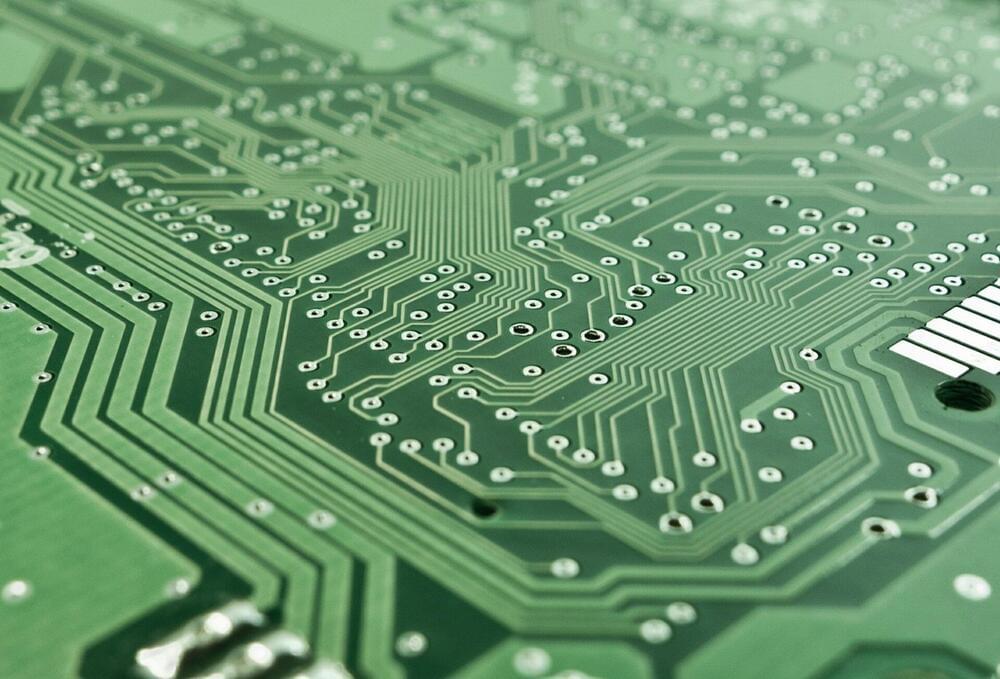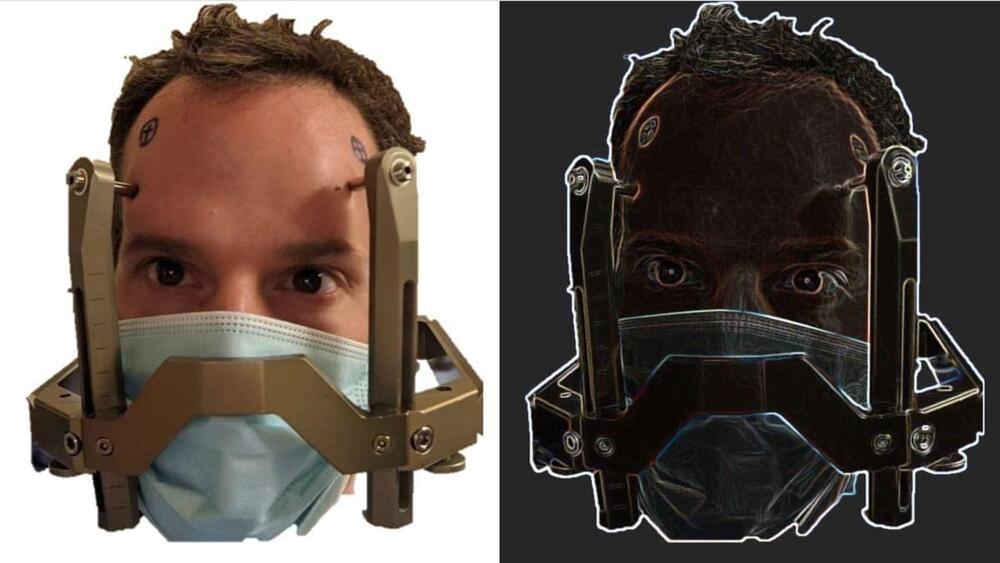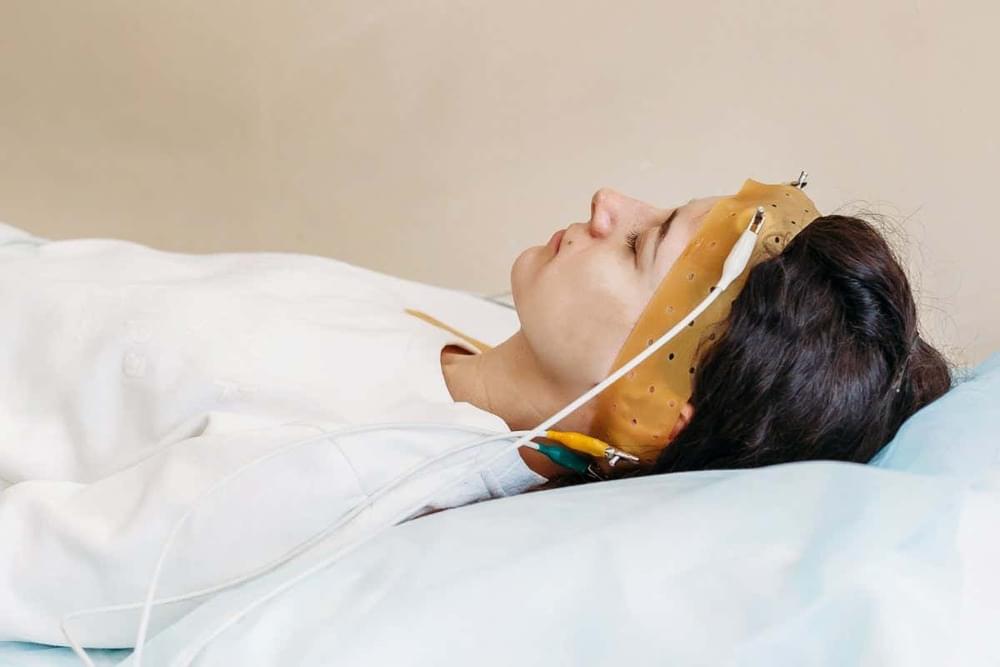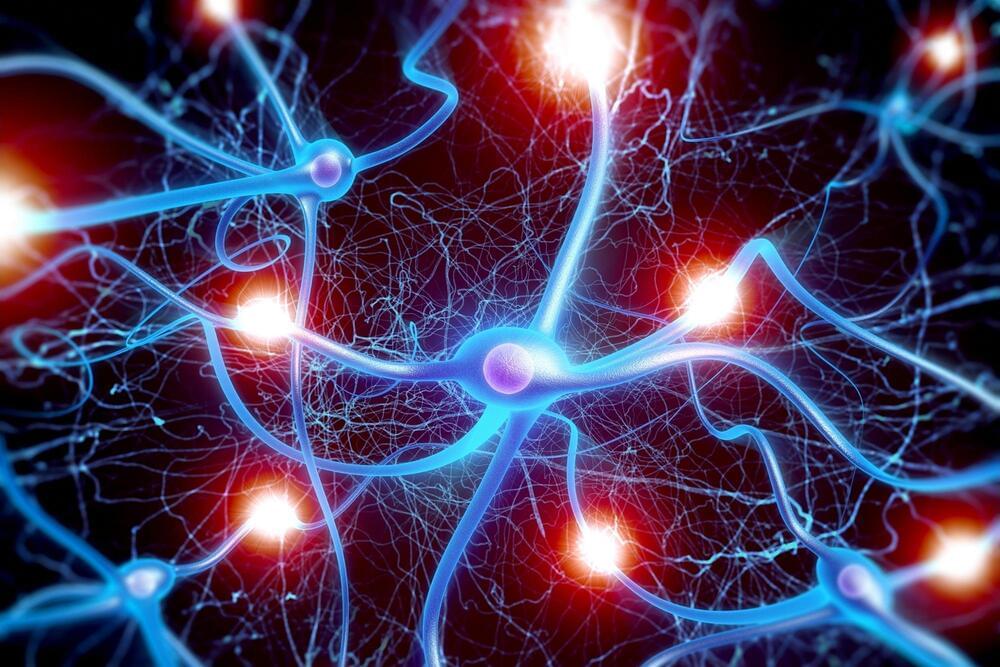In today’s video I show you how the Neurosity Crown works by making a prototype to control lights which is initiated by thinking about movement of my left arm.
This Brain Computer Interface video will cover these areas:
👉 Neurosity console overview.
👉 Neurosity console left arm thoughts training with Kinesis.
👉 Extending Unity Notion SDK to subscribe to Kinesis updates and therefore get the data into Unity for further usage.
👉 Simple LightController in Unity to turn on and off lights controlled by a Philips Hue Hub.
🔥 If you want to see more BCI prototype videos be sure to share your interest in the comments.
📌 Unity Notion SDK:
https://github.com/ryanturney/notion-unity.
📌 Get The Neurosity Crown Hardware from: (Affiliate link) 👉 https://shareasale.com/r.cfm?b=1871556&u=3082665&m=116947
📌 Neurosity Developer Documentation:





